Life
-
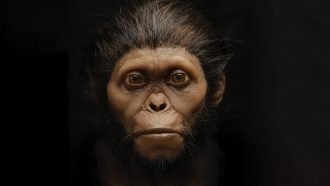 Humans
HumansHow scientists can get a better picture of our extinct relatives
Facial reconstructions of extinct species have historically been more art than science. Some researchers hope to change that.
-
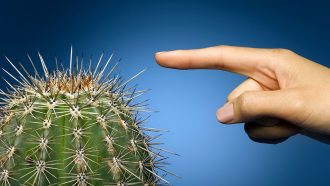 Brain
BrainLet’s learn about touch
Most senses are concentrated around your head. But touch all over your body, and you need every inch.
-
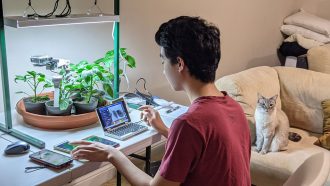 Agriculture
AgricultureNew technologies might help keep drought-prone farms green
After learning how much damage drought can do to crops, two teens designed ways to detect a thirsty plant and make sure it gets enough water.
-
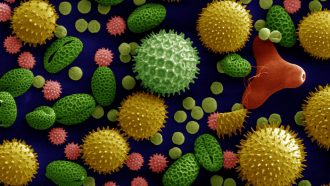 Plants
PlantsScientists Say: Pollen
Pollen is a mass of tiny reproductive cells. These grains combine with egg cells to form seeds — but on the way, they can make some people miserable.
-
 Tech
TechNo animal died to make this steak
The ribeye steak is the first of its kind, and the latest in a growing list of meats printed with a 3-D bioprinter instead of being harvested from an animal.
-
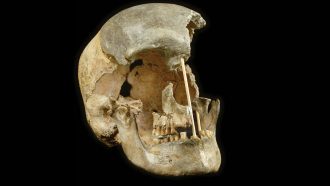 Genetics
GeneticsEurope’s ancient humans often hooked up with Neandertals
DNA from ancient bones shows humans and Neandertals were regularly mixing genes by about 45,000 years ago.
By Bruce Bower -
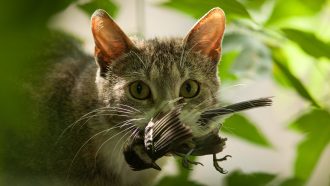 Ecosystems
EcosystemsAnalyze This: Invasive species cost the world billions each year
A new study estimates that invasive species have cost the world more than $1 trillion since 1970. That’s almost certainly an underestimate.
-
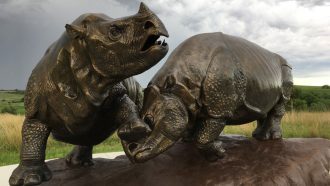 Fossils
FossilsRhinos, camels and bone-crushing dogs once roamed Nebraska
Scientists digging into the remnants of an ancient watering hole in Nebraska discovered evidence of an Africa-like savanna, complete with rhinos.
-
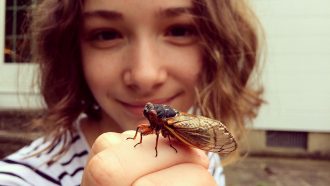 Animals
AnimalsExplainer: What are cicadas?
There are more than 3,000 species of cicadas, but the best known in North America are periodical cicadas, which emerge every 13 or 17 years.
By Sid Perkins -
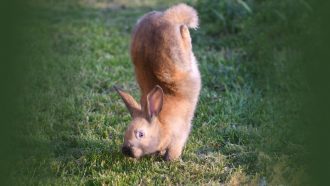 Life
LifeThese rabbits can’t hop. A gene defect makes them do handstands
Mutations in a gene that helps nerve cells work properly rob rabbits of their ability to hop. Instead, the animals use their front paws to move.
-
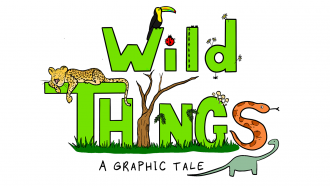 Animals
AnimalsHow bees play telephone to form a swarm
Honeybees use pheromones and flapping wings to tell each other where to find the queen — so they can all be together. Learn more with this web comic.
By Sarah Zielinski and JoAnna Wendel -
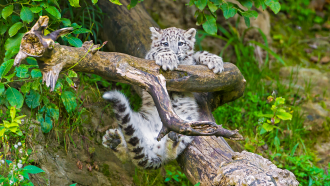 Life
LifeScientists Say: Genus
A genus is a group of closely related species. It’s the first part of the two-part system called binomial nomenclature, used to name living things.